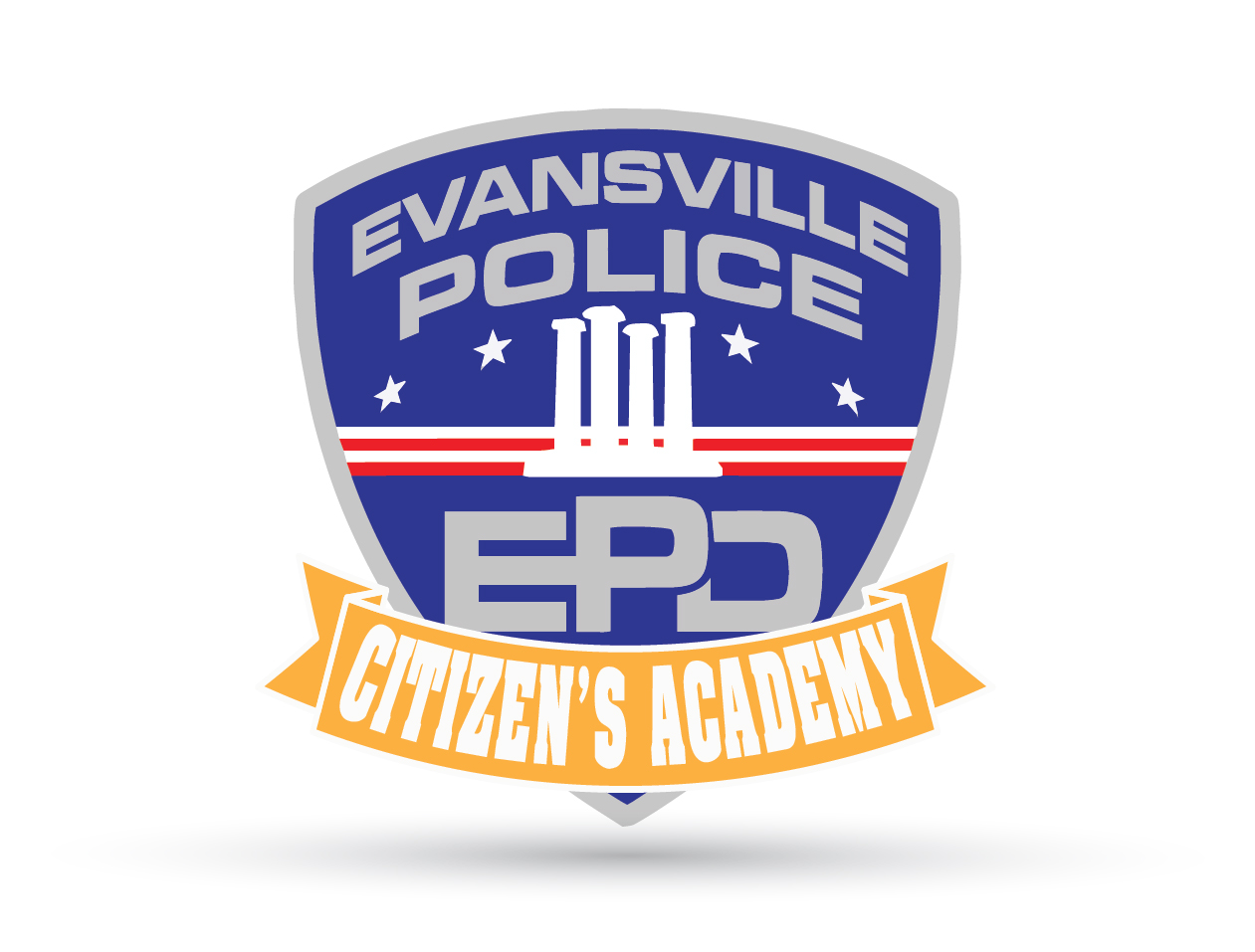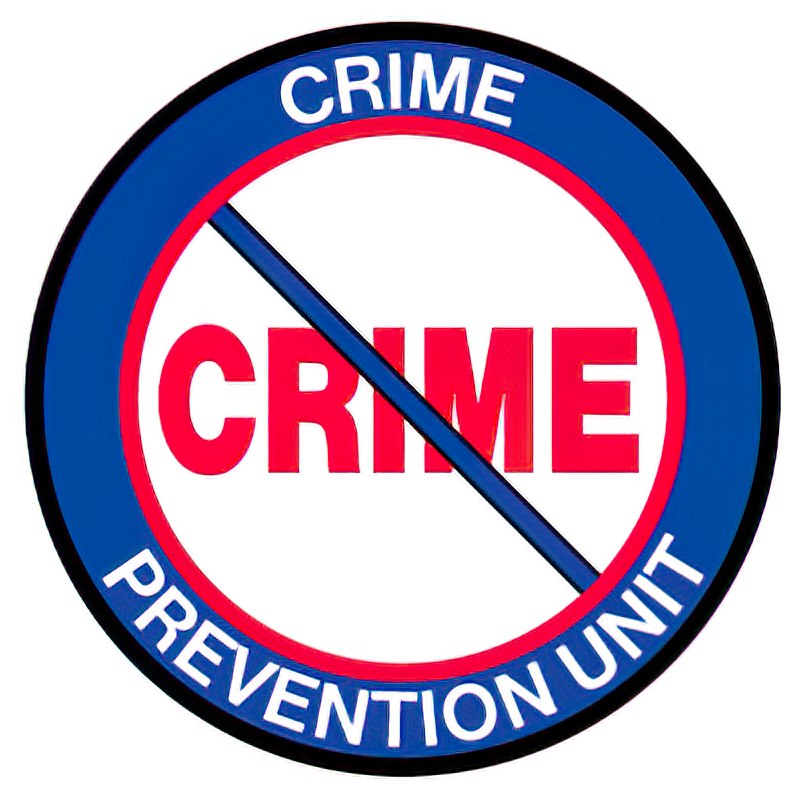- 15 NW Martin Luther King Jr. BLVD Evansville, IN 47708
- info@evansvillepolice.com
Fraud Awareness

Fraud Alerts
Below are some examples of scams reported to the Evansville Police Department. The National Association of Bunco Investigators, a non-profit organization, maintains a website that describes numerous types of scams and cons at www.nabihq.org.
Caller ID Spoofing
Recently, a resident received a phone call from a person posing as a debt collector. The caller claimed the resident owed several hundred dollars and would be arrested if they did not pay. The Caller ID showed the call was from the Evansville Police Department and listed an actual EPD phone number. The resident was suspicious and contacted EPD.
The Evansville Police Department is not involved in the collection of debts.
Technology exists that enables callers to manipulate the name and phone number displayed on the recepient’s Caller ID display. There are several websites that specialize in selling these types of services.
If you receive a suspicious call, it is recommended that you do not provide any sensitive personal information to the caller. You can then contact the business or agency directly through a published phone number to determine if the call is legitimate.
Bail Bond Scam
A local resident received a call from a person claiming to be a lawyer for the resident’s friend. The caller claimed the friend had been arrested and requested the resident provide bail money. The resident purchased prepaid credit cards and then provided the card numbers to the caller to post the bail.
Once the resident realized this was a scam, the money had already been transferred from the cards.
In this type of scam, the suspect preys on the victim’s desire to help a friend or relative in need. These calls are often received in the middle of the night or on weekends. When questioned, the caller often claims that the friend or relative is in danger and the payment is needed immediately.
Another variation of this scam involves the caller claiming to be a law enforcement officer and says that the recipent has outstanding warrants. The recipient is then directed to make a payment over the phone to avoid arrest.
It is suggested that a person receiving this type of call attempt to directly contact the friend or law enforcement agency/ correctional facility to confirm the legitimacy of the call.
Counterfeit US Currency
Suspects passing counterfeit currency continues to be a problem for local residents and businesses. Currently, the most commonly encountered counterfeit US currency are twenty and one hundred dollar bills. For tips on identifying counterfeit currency, go to www.secretservice.gov and explore the “Know Your Money” page.
The Evansville Police Department has also recently experienced an increase in movie prop bills and fake bills marked with Asian symbols. These bills often appear genuine at first glance. The movie prop bills are generally marked “Motion Picture Use Only” in place of the text on genuine US currency. The bills with Asian symbols usually display text similar to genuine US currency and the Asian symbols are usually in a color not used on genuine currency. Both of these types of bills are readily available for purchase from numerous online sources.
Work at Home Scams
A common scam involves advertisements that claim to offer significant income while working from home. These advertisements can be found online and in the print media. There are many variations of this scam. Some recently encountered ones involve promotional advertising and reshipping items to foreign or domestic locations. The con artists usually require the applicant to provide personal identifying information and/or bank account information. The con artist often sends the victim a check in excess of the agreed amount, asks the victim to deposit it in their bank account, and then send the overage back to the sender or a third party via check, money order, or electronic means. By the time the victim discovers that the payment they received is fraudulent, the con artist has the victim’s money. The con artist can also then use the personal information provided by the victim to commit identity theft. Residents should thoroughly investigate any work at home offers before providing personal information.
One-Ring Phone Scam
Police nationwide are warning residents about the “one-ring phone scam,” which uses auto-dialers to target cell phone numbers across the country. The danger to consumers is not in receiving the call, but in calling back.
Scammers let the phone ring once and then hang up, prompting a missed call notification on phones. When an intended victim returns the call, police say they hear a message like “You’ve reached the operator, please hold,” while being slammed by a hefty per-minute charge on top of an international rate. Police say the calls come from phone numbers with three-digit area codes that look like they are from within the U.S., but are actually associated with international phone numbers.
The area codes used by scammers include 268, 284, 473, 664, 649, 767, 809, 829, 849 and 876.
To protect themselves, police advise cell phone owners to ignore a call like this should they receive one. If you’re tempted to call back for whatever reason, check the number on online directories or search engines first so you can confirm where the phone is registered or see if it’s listed as a scam phone number.
If you have been the victim of the scam, police say to try to resolve the charges with your cell phone carrier and, if that doesn’t work, file a complaint with the Federal Trade Commission and the Federal Communications commission.
Although EPD has not received any complaints about this scam we feel it is important for the community awareness.
Mail Safety
Recently there have been several incidents of theft from residential and business mail boxes. The thieves are often looking for checks written by or sent to the resident. A common scam is to use the information contained on these checks to print counterfeit checks payable to the theives or their accomplices. This type of offense is usually not immediately detected and can be very inconvenient for victims and costly for financial institutions. It is recommended that residents not deposit outgoing mail in their home or business mailboxes and that they promptly retrieve any mail received. The safest way to mail sensitive documents is by depositing them at a US Post Office.
Home Improvement Fraud
The warm spring and summer weather brings the increased possibility of various forms of home improvement fraud. This time of year brings scams involving driveway/parking lot sealing, paving, roofing, siding, and landscaping work. These offers may be made by local or out of state individuals who offer deals well below market pricing. We encourage residents to thoroughly research these offers and companies before signing any agreements or making advance payment for services. Using only licensed contractors who can provide references, proof of insurance, and bonding is the best protection against these scams.
IRS Impersonation Scams
As tax season approaches, people need to be aware that an aggressive and sophisticated phone scam is targeting taxpayers throughout the nation. The callers will claim to be IRS agents and often provide convincing details. Caller ID will often show an official-looking display to make it seem the call is actually from the IRS. Victims are told that they owe money to the government and it must be paid quickly to avoid arrest, deportation, or the suspension of a business or driver’s license. The caller usually demands payment in the form of a credit card, prepaid debit card, or wire transfer.
It is important to remember that the IRS will not initiate contact by phone or email. Also, the IRS will not ask for payment by credit card, prepaid debit card, or wire transfer.
Grandparent Scam
In this scam, an elderly person receives a call from someone claiming to be their grandchild or friend. The caller usually claims to have been arrested, have a medical emergency, be traveling outside of the country, or be stranded somewhere. They usually claim to need several thousand dollars to remedy the situation. Often times they will claim they are calling the grandparent or friend to avoid the embarrasment of calling their parents or other family members. The caller will often give the phone to another person who claims to be an authority figure, like a doctor, lawyer, mechanic, or police officer. Together, the scammers try to convince the victim to send money via prepaid card, wire transfer, or provide their bank account routing numbers. Once money is sent via these methods, it is virtually impossible to recover.
It is recommended that anyone receiving this type of call try to independently contact the grandchild or friend and confirm the situation by other means before sending any money.



